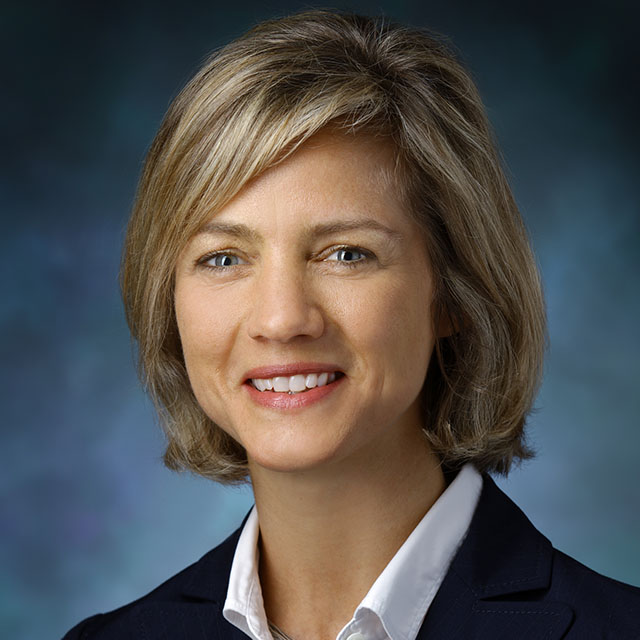Celebrated for its crisp cool weather and vivid foliage, fall is also the season when flu cases begin to ramp up. This year, COVID-19 cases are also expected to surge as temperatures drop and people spend more time indoors.
To lessen the potential strain on the health care system and help protect employees from catching two diseases at once, leaders of the Johns Hopkins Health System are taking the unusual step this autumn of requiring flu vaccinations for all health system employees and Johns Hopkins University School of Medicine faculty, staff members, trainees and students.
Unless you have an approved medical or religious exemption, you must receive the vaccination by Nov. 20.
This is a departure from previous years, when some employees whose workplace locations and jobs meant they had no contact with patients were automatically exempt. “Those exemptions have been removed for the time being as a result of the pandemic,” says preventive medicine physician Clarence Lam, interim director of Occupational Health Services for Johns Hopkins Medicine and Johns Hopkins University.
Also new this year: Employees can receive shots at any Walgreens pharmacy location instead of a select few, adding convenience for those working from home.
According to Lam, a comprehensive flu vaccine program will decrease the number of people battling both flu and COVID-19 at the same time. Symptoms for the two contagious and dangerous respiratory illnesses are similar, and can include cough, fever, aches, fatigue and a sore throat. With mandatory flu shots, he says, diagnosing those symptoms will be easier, and the reduced spread of flu will mean that more COVID-19 tests will be available for those who need them.
How to Get Your Flu Shot
Building on a pilot program started last year between Walgreens and Johns Hopkins Bayview Medical Center, the health system tapped Walgreens to administer the vaccines at its retail pharmacies as well as at Johns Hopkins locations.
At all locations, people getting the shot must wear a mask and maintain a physical distance of at least 6 feet. Pharmacists administering the vaccinations also wear masks, maintain physical distancing and practice hand hygiene. There is no out-of-pocket cost for Johns Hopkins faculty and staff members, trainees or students.
Vaccinations for spouses and same-sex domestic partners will be available on the East Baltimore campus starting Oct. 26.
Requests for religious or medical exemptions must be submitted by Nov. 10, using this form.
Walgreens Retail Location: Appointments are not needed to get flu vaccines at Walgreens pharmacies. Log in with your JHED ID via this Johns Hopkins website to obtain your voucher. Then either print it or keep it on your phone to present with your Johns Hopkins ID badge at the time of vaccination.
Walgreens will submit proof of your vaccination to Occupational Health Services, and you will receive a confirmation email within two weeks. Bring the confirmation and your badge to the third floor of the Phipps building to get a silver clip to wear with your ID badge, showing you were vaccinated.
Vaccination at Walgreens is not currently offered to volunteers, vendors, or employees’ spouses or partners. The high-dose vaccine for people age 65 and older cannot be obtained at a Walgreens retail location.
At Johns Hopkins: You must schedule an appointment for a vaccination at the Johns Hopkins Hospital’s Phipps building, at Green Spring Station, at the White Marsh Health Care and Surgery Center or on the Johns Hopkins University Homewood campus.
To reduce length of stay and contact with surfaces, fill out and print the vaccine documentation in advance. Also bring your ID badge. After receiving the flu shot, you will get a silver clip for your badge and an email confirmation from Occupational Health Services.
In addition, some nurse champions are administering flu shots to their colleagues, says Lam. Employees in participating departmental clinical units who get a vaccination this way will receive email confirmation and a silver clip to wear on their ID badge.
At another retailer or a doctor’s office: If you go to another retailer or a doctor’s office, even a Johns Hopkins physician, make sure you or someone on your behalf submits proof of immunization online to the Occupational Health office. If you do not receive an email confirming your vaccination, contact [email protected].
Click here for more information.


